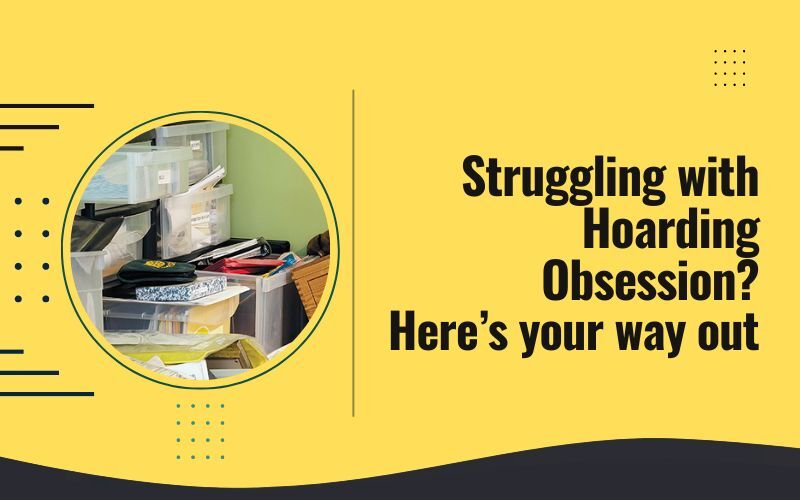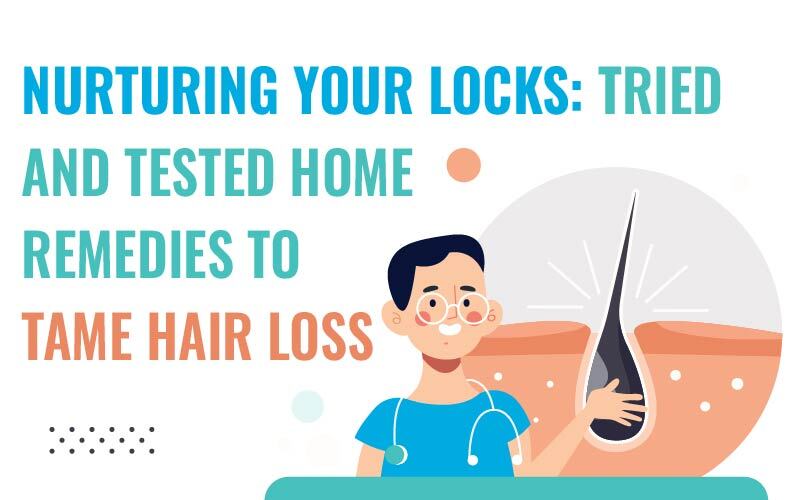Some people like to collect different kinds of items, such as coins, clippers, vintage frames, Fiestaware, and so on. But collecting and hoarding are two different things, even though they both have something in common. They both save a large number of items, but for different reasons. Collecting is more of a hobby, while hoarding is a mental health obsession. Hoarding obsession is also known as perfectionism. There are many reasons why some people hoard, and we are going to help you manage it.
Hoarding is defined as an obsessive desire to accumulate or pile up various types of items such as clothes, paper (mail, newsletters, bills), books, plastic bags, or even garbage. Hoarding behaviors appear usually between the ages of 15 and 19, and they call themselves “thrifters.” To manage this kind of obsession, we must first understand why some people hoard. There can be different kinds of reasons for each person, and there is no specific study on why people hoard, but we can name some of the causes. Hoarding can be related to unprocessed feelings and difficult experiences.
Why Do Some People Have Hoarding Obsessions?
- Childhood experience: Some researchers believe that hoarding can be related to some of your difficult childhood memories, such as money problems, something taken away from you without considering your feelings, or not being treated with the warmth, as you deserved as a child.
- Loss of someone: Hoarding obsession can develop in adults. Losing someone you love, whether it’s through death or a breakup, and feeling isolated and lonely may cause a hoarding obsession.
- It might be the genes: the hoarding obsession, like some of the most common obsessions and disorders, may be inherited from our family. Especially, if you grew up around hoarding, you might also have learned some of these habits.
Hoarding obsession can have dangerous consequences because it can take over a hoarder’s life. The effect can include a disorganized living environment, and for this reason, the hoarder will not accept guests in their house, which will lead to isolation and loneliness. It can create unhealthy and dangerous living conditions. And just the stress of hoarding alone may lead to anxiety and depression.
The Outlook for the Hoarding Obsession
If you’re not living with a hoarder, it might be really hard to notice one. They never invite you to their place due to the catastrophes that happen there, and some people are really good at hiding this issue. A possible way to notice is to pay detailed attention to what kind of items they are not throwing. Hoarders feel this kind of pressure to save things, and they get upset at the thought of discarding these items. If you live with a hoarder, you might notice indoor clutter, no ventilation, unusable space, pervasive mold, and so on.
How to Treat Hoarding Obsession?
The organization that produced guidelines on best practices in healthcare did not issue guidelines for hoarding obsession treatment. But the guidelines for treating OCD also mention hoarding, as they used to be grouped together. Healthcare providers use two types of therapies to treat hoarding obsession; cognitive behavioral therapy and antidepressant medication. The guidelines include cognitive beliefs to change beliefs about hoarding, skills on how to organize items and stay focused, and motivational speeches.
Please consider seeing a therapist to treat your hoarding obsession. There are many agencies and companies that can help you with your hoarding obsession since they handle all of the estate sales that are needed to do so. Many families and friends think they can just clean out their items, but this is something you should never do to a hoarder. The items that a hoarder collects are personal to them, and they have an emotional connection with these items. Having their space cleaned without their consent will cause a great deal of distress, leading to a refusal to accept future assistance.
There are many reasons why some people hoard, whether it starts in childhood or develops in adulthood. Hoarding behavior can be dangerous to people who live with hoarders but also to those who don’t live with them. Usually, people don’t even understand their hoarding obsession, because it is really similar to people who collect items. There are not many ways to treat this obsession except by talking to a doctor or mental health professional.




